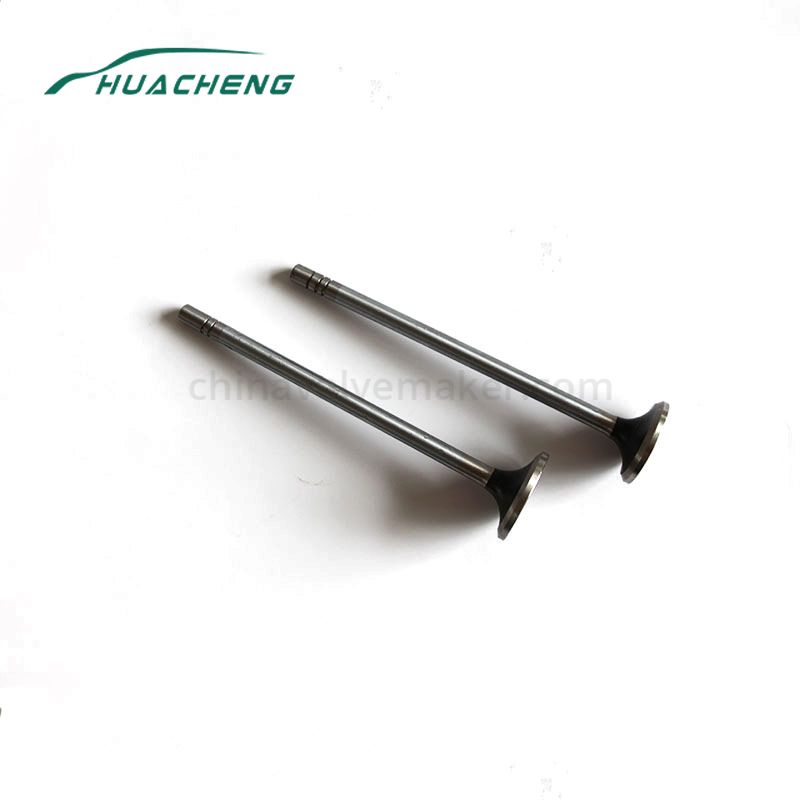Now you rarely hear about valve problems in cars, because modern overhead camshaft engines have fewer parts to fail. In the past, some components, such as non-hydraulic elevators, pushrods, springs, and valves themselves, may have failed. Excavator exhaust valve manufacturer shares with you.
You may have heard the word "getting a valve job" because old cars often need to adjust the valve. If you have an old car, you may still have these problems, but the valve mechanism of modern cars has almost no trouble.
Because these problems are very rare in modern cars, many people cannot immediately recognize the symptoms of valve failure. Here are some signs that you need to check your valve.

Ticking or popping
Ticks or pops are the most common type of noise when a valve fails.
Many times, you will hear ticks before you notice other problems. As the engine accelerates, this noise becomes louder and faster. This usually means that some valve train components are worn or improperly positioned, or the overall engine lubrication is insufficient.
Most cars have hydraulic lifters that require continuous lubrication and maintain a precise level of pressure. If the pressure drops slightly, it will increase the clearance or excessive movement in the valve mechanism.
Our company provides harvester engine valve.
Previous: What Is An Intake and Exhaust Valve?